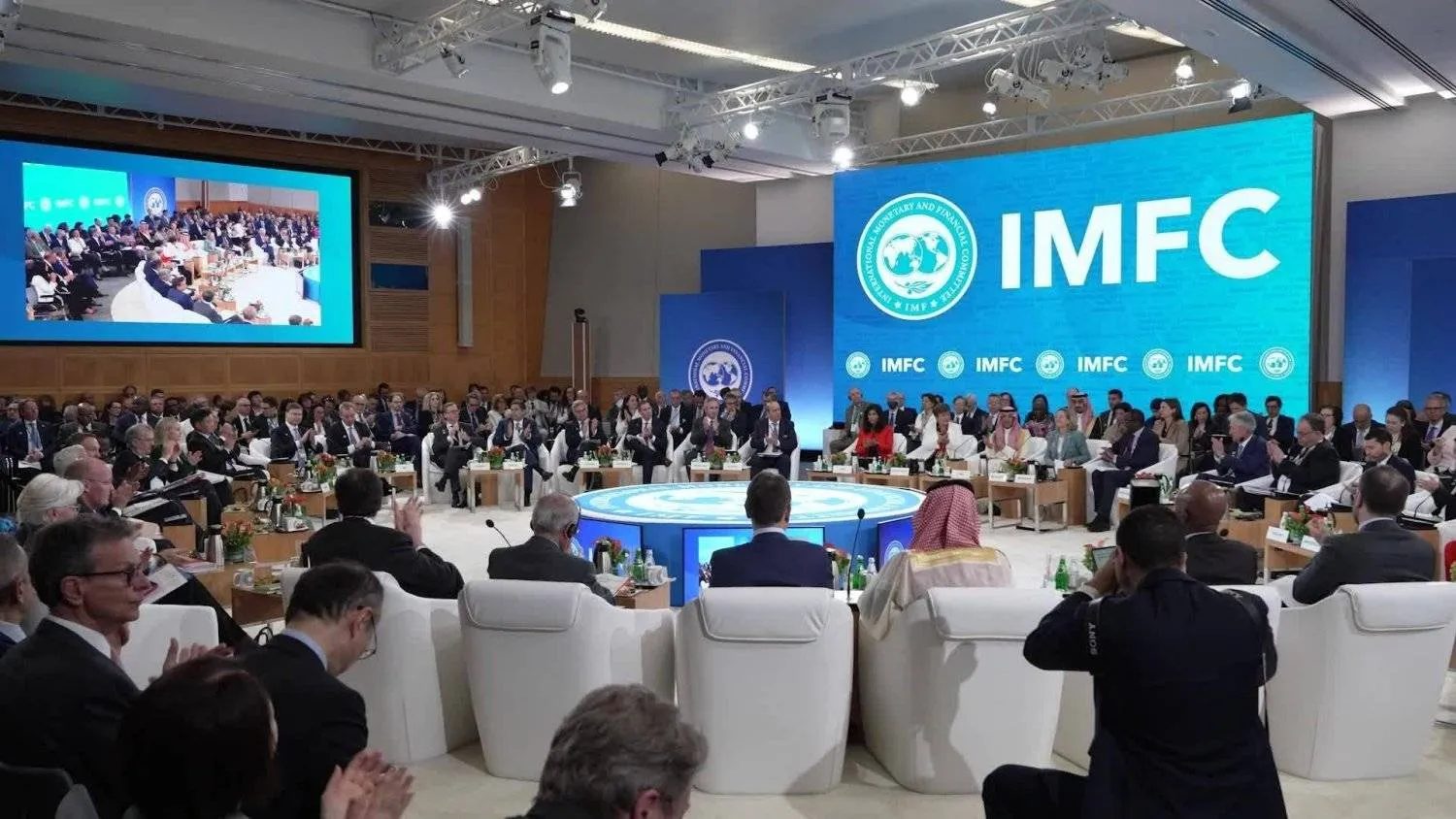Ayman Al-Sayari, Governor of the Saudi Central Bank (SAMA), has warned about the growing gap in economic growth between countries. He pointed out the risks of food shortages and increased vulnerability to debts.
Speaking at a meeting of finance ministers and central bank governors from the G20, Al-Sayari stressed the importance of countries working together and having a fair global trade system.
This, he said, would help make the global economy stronger and fairer, especially for poorer countries.
The world economy is uncertain due to various reasons, including political changes in the Middle East, rising prices in many countries, and big economies keeping interest rates high. This affects how much money goes into developing countries and increases their debts.
Al-Sayari also said that countries with strong economies can attract more stable investments. Many countries are trying hard to control rising prices, which means people spend less and slow down the economy. This leads to more borrowing and higher debts worldwide.
Global debt is a big problem, reaching record levels and causing problems for countries and people.
With global public debt rising slightly to 93% of GDP in 2023, up by about 9 percentage points from its pre-COVID-19 level, the IMF places addressing global debt as one of its top priorities, with significant attention given to this issue during the ongoing Spring Meetings in Washington.
In this context, the IMF, World Bank, and Brazil, the current president of the G20, stated on Wednesday that there has been significant progress on global debt issues in recent months, pointing to new agreements on required timelines and fair treatment of stakeholders.
IMF Managing Director Kristalina Georgieva, World Bank President Ajay Banga, and Brazilian Finance Minister Fernando Haddad issued a joint statement on the matter after a ministerial-level meeting for the Global Sovereign Debt Roundtable (GSDR).
The meeting brought together debtor and creditor nations, international financial institutions, and the private sector to reinvigorate debt restructuring efforts that have been stalled for a long time, and to build a better understanding of addressing challenges.
The statement emphasized the need for improving clarity, coordination, and transparency among creditor groups, and providing debtor countries with metrics for evaluating their own debts.
Creditors from the private sector and debtor governments must ensure, before finalizing and announcing a deal, that the deal has been reviewed by IMF staff for consistency with debt objectives and program standards, and by official bilateral creditors regarding fair treatment of stakeholders.
Al-Sayari emphasized the need for policies that focus on making finances stable, saving money, and dealing with inflation. He also talked about how the world economy is coping with these challenges, facing risks that could affect its future.









